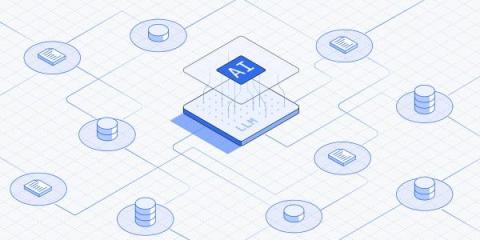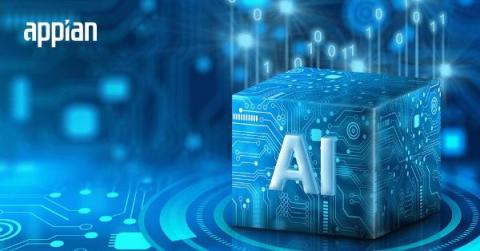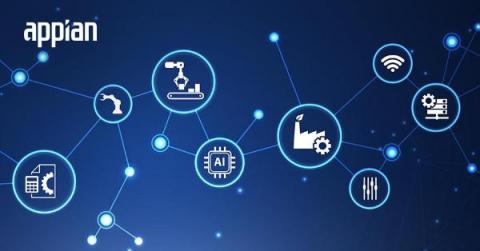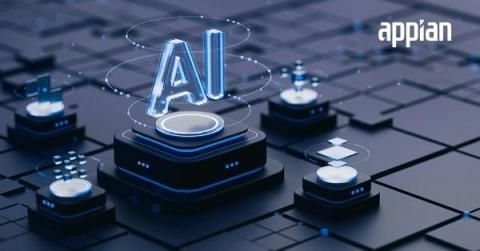Systems | Development | Analytics | API | Testing
AI
Best Practices for Usage-based Billing to Monetize Gen AI
Artificial intelligence based APIs are reshaping traditional subscription models thanks to their unique monetization frameworks. These API products enable companies seeking tailored solutions in automation and AI workflows, departing from one-size-fits-all UI approaches and embracing a highly customizable experience. Originally designed for internal platforms, APIs built with AI are now evolving into revenue gateways, transforming them into strategic assets contributing directly to company revenue.
Ensuring data is AI-ready is critical to success with generative AI applications
The foundation of any successful AI initiative is a well-integrated and meticulously managed data platform.
2024 AI Outlook: 4 Trends AI Experts Are Talking About
2023 was a breakout year for artificial intelligence. It dominated news headlines as well as LinkedIn feeds. But its impact goes beyond the professional—I often overhear conversations at coffee shops about AI from people who aren’t knee-deep in the field. Whoever you are, AI is likely having a transformative impact on your life.
10 AI Trends Impacting Enterprises in 2024
Traditional AI models typically specialize in processing a specific type of user prompt, whether image- or text-based. However, a paradigm shift is underway with the emergence of a new generation of AI models known as "multimodal" systems. Unlike their predecessors, these advanced models can process a diverse range of inputs seamlessly. They can adeptly handle various media types, such as text, images, audio, video, and even code.
How generative AI is different from traditional AI
How generative AI brings radical new capabilities to the world of AI and machine learning.
AI vs. Automation: Decoding the Differences for Business Success
The business landscape is undergoing radical change across industries, driven by artificial intelligence (AI) and automation. This article will differentiate AI and automation, debunk misconceptions, and highlight what business leaders need to know to navigate the challenges of integrating AI and automation across the value chain. So what’s the difference between AI and automation? AI and automation have distinct purposes.
How #ChatGPT Learns Keywords and Evolves Daily | Raju Kandaswamy | #GenerativeAI #AIAdvancements
Can AI Fully Replace QA Testing?
Artificial Intelligence for Government: Advice for Leaders
AI is a groundbreaking technology that is ready to modernize the way federal government agencies operate. By automating tasks and optimizing workflows, artificial intelligence (AI) promises to enhance efficiency, minimize errors, and boost productivity without adding resources.











